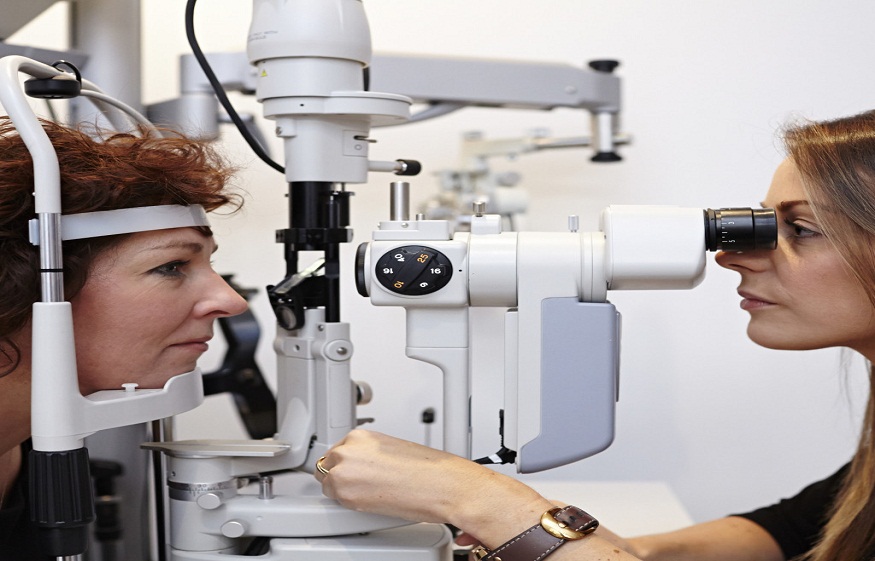Sandra explains that mental health is not just the absence of a psychiatric disorder: it is about the quality of life, the ability to change whenever possible and to adapt when necessary. To be in good mental health is to be at peace with one’s history and emotions, to be able to organize one’s behavior according to objectives, to be attentive to what is important and to face the discomfort generated by situations and everyday relationships.
Mental health defines psychic, emotional and cognitive well-being or an absence of mental disorder. The term is relatively recent and polysemous. Mental health is, according to J. Sutter, perceived as “[the] ability of the psyche to function harmoniously, pleasantly, efficiently and to face difficult situations with flexibility by being able to regain its balance.
There is no precise definition of mental health, but for the World Health Organization (WHO) “mental health is defined as a state of well-being that allows everyone to realize their potential, to cope with normal life difficulties, to work successfully and productively and to be able to contribute to the community.
Mental health can be affected by disorders including depression, anxiety disorders, bipolar disorders or schizophrenia. A list of mental health disorders and their descriptions are given in the American Psychiatric Association’s Diagnostic and Statistical Manual of Mental Disorders and the WHO’s International Classification of Diseases.
Why is mental health important?
Sandra draws attention to the neglect of emotional care. “When we’re emotionally healthy, we’re more likely to be physically healthy (and vice versa),” she says. Mental health allows us to commit to leading healthy, quality lives and allows us to be happy with our choices. In addition, stress subjects our body to the effect of chemicals that affect the immune system.
Some of the first signs of mental health problems in children are persistent changes in their behavior that affect their functioning (eg, changes in mood, energy level, sleep, attitude, and appetite).
Professionals now have effective diagnostic tools to determine mental disorders in very young children. However, parents must continue to play a leading role since they are often the first to detect the warning signs, hence the importance of better informing them about mental health so that they can offer their their children the help they need. Anxiety disorders are characterized by an emotional surge associated with fear, worry or nervousness disproportionate to the situation experienced. Significant fears in preschoolers have been reported in the literature as early as the 1920s, but only recently has it become widely accepted that anxiety disorders in early childhood impair functioning and merit specialist treatment. Anxiety in young children often manifests as a fearful attitude, defiance, or crying spells during stressful situations (eg, separation from a parent). The diagnosis of depression in infancy remains controversial, but symptoms seen in older children, including sadness, problems with weight, appetite and sleep, lack of energy and low self-esteem may indicate the presence of a distinctive syndrome in young children. To meet the diagnostic criteria for a disorder, the symptoms observed must be severe enough to interfere with normal functioning.
According to Sandra, it is important to invest time in what gives us pleasure. Find what makes you feel
Develop and strengthen your links
Relationships are an important part of our life and development because they give meaning to our behavior. Take care of your family and friends!
Stay intellectually active
Learning and producing new things are ways to stay active, while bringing fun to your daily life.
It may sound crazy, but exercise can really help! By exercising, your body releases serotonin and endorphin, hormones that promote well-being and feelings of pleasure.
Eat well
We already know that the physical and mental aspects are interconnected, right? Taking care of your body is therefore an excellent way to keep your mental health up to date.
Take care of your sleep
Sleeping well is also very important for the proper functioning of the body as a whole, in addition to making us less vulnerable to stressful situations.
Have plans
Having plans and goals set gives meaning to life, which is why Sandra says it’s a way to keep a healthy mind.
Have a self-care routine
Be aware of your body and your desires and remember to take some time out of your daily life to take care of yourself. Invest in what boosts your self-esteem. Having a skincare routine, for example, works for many people. Find what makes sense to you and take care of yourself!
Not so covered
In daily life, we tend to produce and work too much, which is not healthy at all. Respect your body and don’t worry if you need to slow down and take some time for yourself.
Asking for help is not a weakness! Your mental health deserves to be taken care of in the best possible way.
Simple things can help you maintain your mental health. So take good care of yourself. You deserve to be happy!
Adopt good lifestyle habits. Take the time to eat well. Exercise every day. Reduce your consumption of stimulants: coffee, tea, soft or energy drinks,
For effective prevention, early detection and diagnosis appear essential. In France, the situation is alarming. How to understand the delays observed? But above all, how to overcome them?
An international consensus has been emerging for several years on the importance of mental health for the overall health and the economic, social and human development of a population.
In mental health promotion and mental disorder prevention, the INSPQ’s work aims to contribute to the development of positive mental health surveillance indicators and to improve the offer of mental health promotion interventions for of the population, especially among young adults and seniors. The work also aims to promote early intervention to prevent depression.



